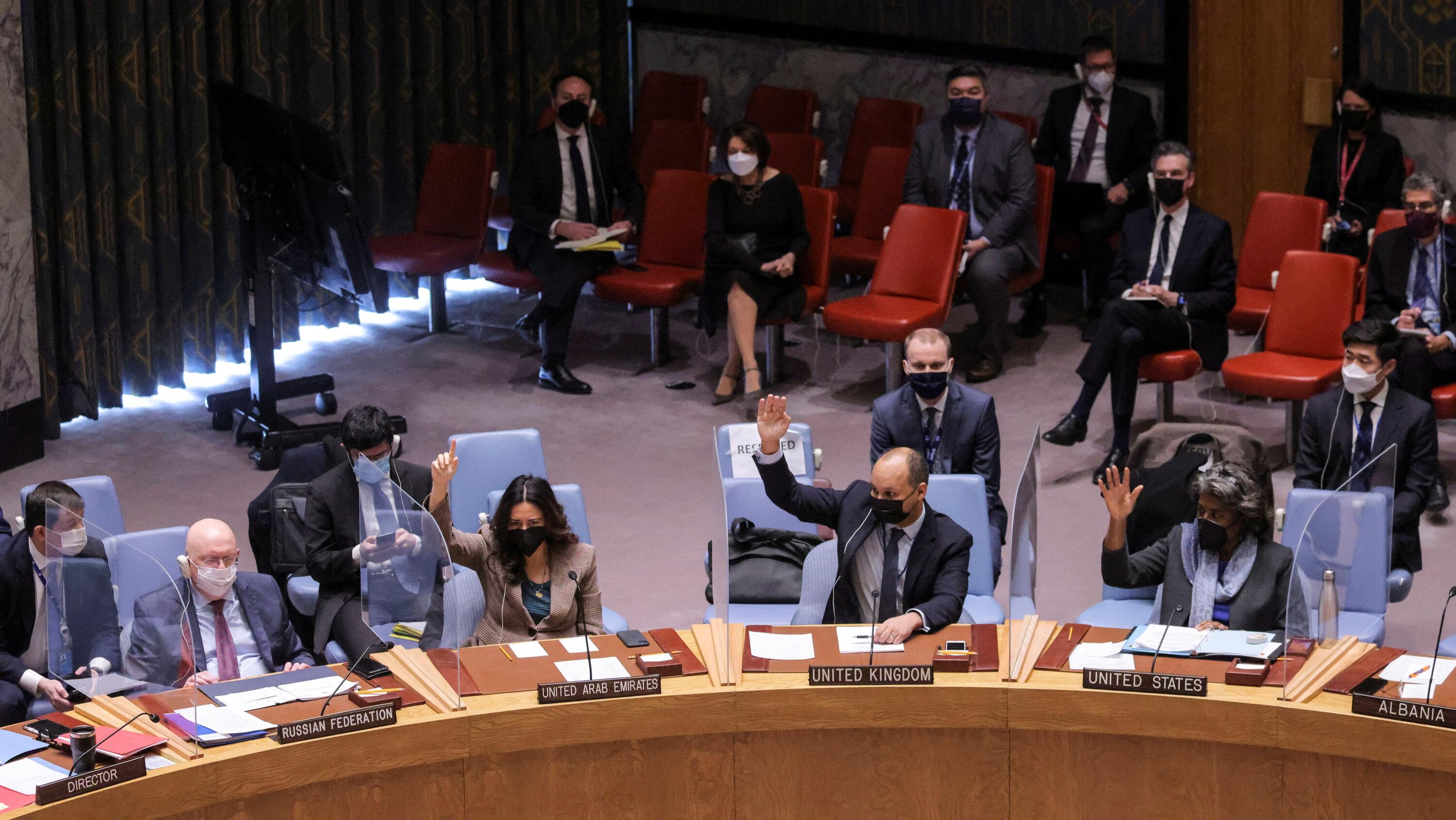In the gilded halls of power, where diplomatic whispers usually drift like silk, a sudden tempest of tension shattered the veneer of polite discourse. The regular meeting of the Eurasian Economic Union, typically a choreographed ballet of bureaucratic pleasantries, unexpectedly transformed into a combustible arena of unrestrained confrontation, revealing the simmering fault lines beneath the region’s fragile economic cooperation. The diplomatic atmosphere turned volatile as tensions boiled over during a critical session of the Eurasian Economic Union in Moscow. High-ranking officials from member states found themselves embroiled in a heated exchange that threatened to unravel years of carefully cultivated regional cooperation.
Witnesses reported that the confrontation began when a senior representative from Kazakhstan raised pointed questions about economic disparities and decision-making processes within the organization. The Russian delegation, typically known for maintaining a composed demeanor, responded with uncharacteristic aggression.
Heated words escalated quickly, with microphones capturing fragments of a verbal sparring match that seemed to expose deep-seated fractures within the economic bloc. Delegates from Belarus and Armenia appeared visibly uncomfortable, attempting to mediate as the exchange grew increasingly confrontational.
The root of the dispute appeared to center on economic policy implementations and the perceived dominance of Russian interests within the union. Raised voices and sharp gestures punctuated the tense moments, with diplomatic protocol seemingly forgotten in the heat of the moment.
Diplomatic sources suggested the altercation reflected broader geopolitical tensions that had been simmering beneath the surface of the economic partnership. Body language experts noted the clear signs of escalating hostility, with participants leaning forward and employing aggressive posturing typically reserved for more confrontational settings.
Behind closed doors, the incident highlighted the fragile nature of regional economic cooperation in an increasingly complex geopolitical landscape. The public facade of unity appeared to crack, revealing underlying tensions that had long been suppressed.
Security personnel stationed around the meeting room remained alert but did not intervene, understanding the delicate nature of the diplomatic exchange. International observers noted the significance of such an open display of disagreement among member states.
As the confrontation reached its peak, several delegates attempted to restore calm, but the damage seemed already done. The incident promised to have long-lasting implications for the economic union’s future relationships and collaborative potential.
Unofficial sources suggested that private discussions would follow, aimed at mitigating the fallout from this unprecedented public display of discord. The economic and diplomatic repercussions remained to be seen, but it was clear that the meeting had fundamentally altered the dynamics of the regional partnership.
The unexpected outburst served as a stark reminder of the complex political and economic interactions that define contemporary international relations, particularly within this strategic economic bloc.






